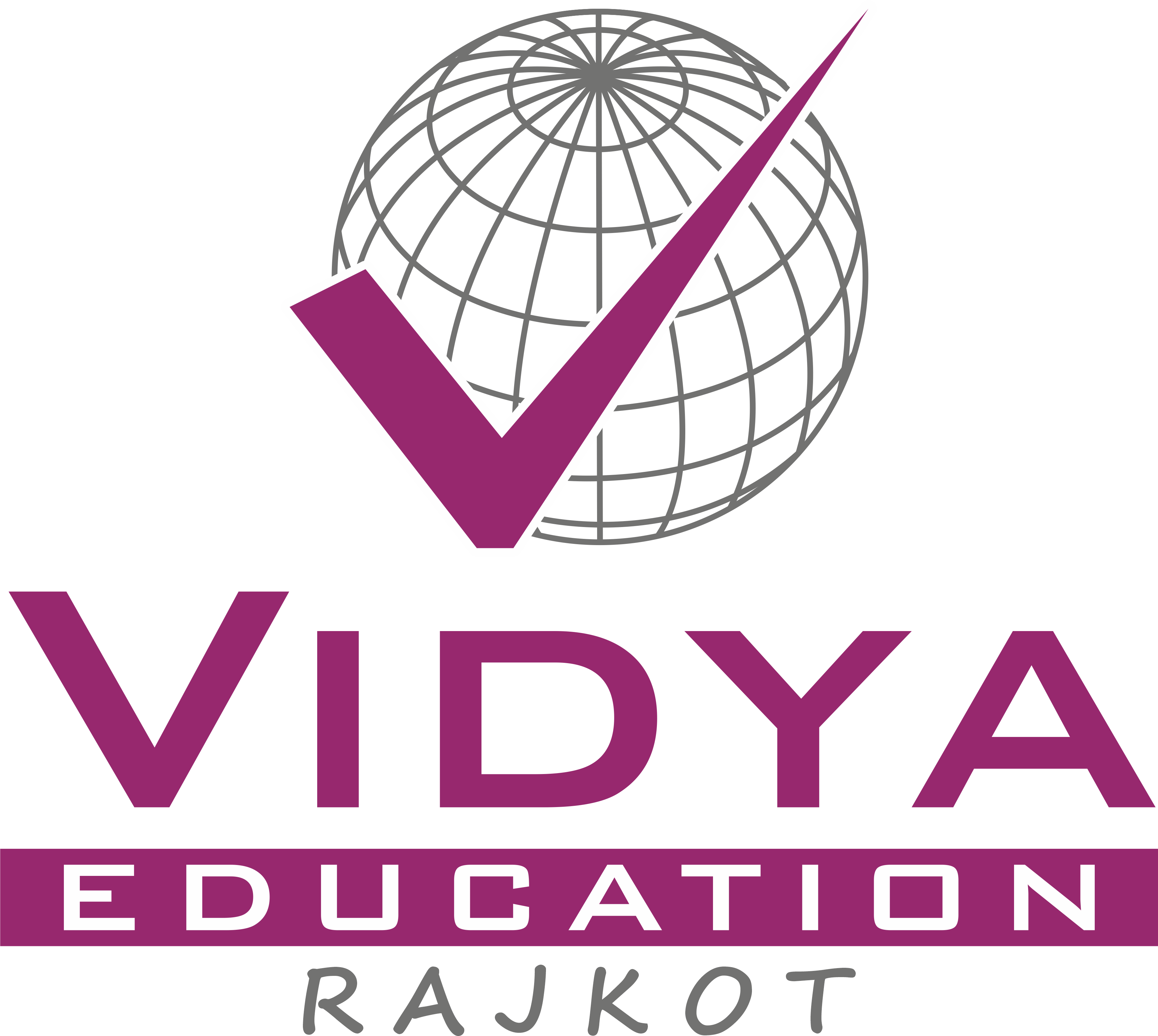What is the Korean Language?

Korean is a fascinating language spoken predominantly in South Korea and North Korea, where it serves as the official language. Additionally, it has substantial communities of speakers in various countries, particularly China, Japan, and the United States. The language boasts a rich cultural history and holds a vital position in the region.
Levels of Korean Language
TOPIK 1 (beginner)
TOPIK 3 (intermediate)
TOPIK 5 (advanced)
TOPIK 2 (elementary)
TOPIK 4 (upper-intermediate)
TOPIK 6 (superior)
TOPIK 1 (beginner)
TOPIK 2 (elementary)
TOPIK 3 (intermediate)
TOPIK 4 (upper-intermediate)
TOPIK 5 (advanced)
TOPIK 6 (superior)



What are the Benefits offered by the Korean Language?

1. Cultural Understanding
Learning Korean allows you to gain insights into Korean culture, history, and traditions. Language and culture are interconnected, so by understanding the language, you can better appreciate Korean art, literature, music, and social norms.
2. Career Opportunities
South Korea has a strong and diverse economy with global companies like Samsung, LG, Hyundai, and KIA. Knowing Korean can open up job opportunities in these companies and other Korean-based businesses. Additionally, if you work in industries like technology, entertainment, or international relations, knowledge of Korean can be a valuable asset.
3. Travel and Tourism
South Korea is a popular tourist destination with a rich cultural heritage and modern attractions. Knowing Korean can enhance your travel experience as you can communicate more effectively with locals, navigate public transportation, and explore places off the beaten path.
4. Academic Pursuits
If you are interested in studying Korean history, politics, sociology, or any other field related to Korea, knowing the language can be incredibly beneficial. It provides access to a broader range of academic resources and research materials.
5. Business and Trade
If you engage in international trade or business dealings with South Korean companies, knowing Korean can facilitate smoother communication and negotiation, leading to more successful partnerships.
6. Linguistic and Cognitive Benefits
Arabic is a Semitic language known for its complex grammar and unique writing system. Learning Arabic challenges your cognitive abilities and linguistic skills, strengthening memory, problem-solving, and analytical thinking. It expands your understanding of language structures and enhances your overall language learning abilities.
7. Interfaith and Intercultural Dialogue
Arabic is also the language of the Quran, the holy book of Islam. Studying Arabic can foster interfaith and intercultural dialogue, promoting greater understanding, respect, and tolerance among different religious and cultural communities.
8. Personal Enrichment
Learning Arabic broadens your horizons, exposes you to different ways of thinking, and helps you develop a global mindset. It cultivates a sense of empathy, cultural sensitivity, and appreciation for linguistic and cultural diversity.
How can learning the Korean language benefit students migrating to Korea?
- Communication and Integration: Knowing the local language is essential for effective communication and integration into the new society. By learning Korean, students can break down language barriers, make friends, and interact more easily with locals, which can enhance their overall experience in the country.
- Academic Pursuits: If the students are attending schools or universities in a Korean-speaking country, understanding the language will be crucial for academic success. It enables them to comprehend lectures, participate in class discussions, complete assignments, and perform well on exams.
- Employment Opportunities: Being proficient in Korean significantly increases job prospects. Many employers in Korean-speaking countries prefer or require employees who can speak the local language. Proficiency in Korean can open up more job opportunities and potentially lead to better career growth.
- Cultural Understanding: Language and culture are intertwined. By learning Korean, students can gain a deeper understanding of Korean culture, traditions, and social norms. This cultural awareness can help them navigate daily life, avoid cultural misunderstandings, and foster positive relationships with locals.
- Better Living Experience: Adjusting to life in a new country can be challenging, but knowing the language can make the transition smoother. Students will find it easier to ask for help, seek assistance, and navigate daily challenges when they can communicate effectively.
- Personal Growth and Global Perspective: Learning a new language is a cognitive challenge that fosters personal growth and a broader worldview. It allows students to see the world from different perspectives and appreciate linguistic and cultural diversity.






